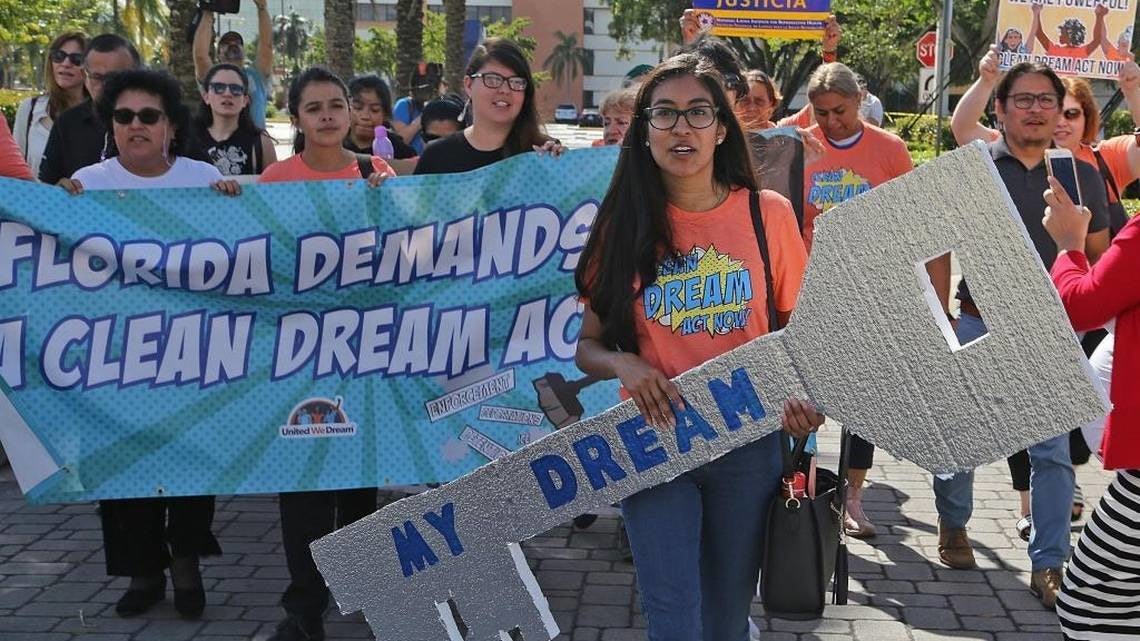Colorado just dodged a constitutional bullet. Not a legislative win so much as a near-miss.
The Kelly Loving Act, named after a trans person killed in the Club Q mass shooting in Colorado Springs in 2022, started out as a sweeping and constitutionally suspect bill aimed at protecting transgender individuals from discrimination, but trampling the First Amendment in the process.
The bill would have classified misgendering and deadnaming in certain contexts as unlawful under the Colorado Anti-Discrimination Act. Its most controversial provision said that if a parent doesn’t use their child’s preferred pronouns, that must be considered “coercive control” in any custody dispute. This would have negatively impacted a parent’s case for custody of their child, regardless of any other context.
The original bill would have also required parents, journalists, business owners, and educators to use people’s chosen names and pronouns in every piece of public-facing content, from news articles to school newsletters.
But the Constitution protects the right to call others by any name or pronoun under the sun, even if it causes hurt or offense. Forcing people to use particular language, even with the intention of inclusivity, is compelled speech, and the First Amendment generally forbids it.
The test of a free society is not how well it protects popular speech, but how well it protects speech that others find uncomfortable or even offensive.
This important principle also protects the rights of people in states whose government officials would seek to require that people be deadnamed and misgendered, or prohibit other expression in support of trans or queer causes. The First Amendment blocks that kind of speech restriction as well.
Of course, any speech, including declining to use a child’s preferred pronouns, can be part of a broader pattern of abuse that would be appropriate to consider in decisions about the custody of children. The problem was that the bill automatically counted this speech as a legal mark against parents, regardless of any further context. This served to effectively force all parents to adopt the state’s preferred speech, lest they one day face a custody battle and risk losing their children because of it.
Another concern was that the Kelly Loving Act included “pre-publication requests” for publishers to use preferred names and pronouns, signaling that the law may be used against journalists simply for quoting a legal name in a criminal proceeding or publishing information already in the public domain that contradicts someone’s preferences or identity. This raised serious concerns that the law could chill legitimate journalistic expression and infringe on press freedoms protected by the First Amendment.
Thankfully, its sponsors stripped all three provisions — misgendering, deadnaming, custody — out before the state senate approved the bill this week.
Colorado’s lawmakers did the right thing by cutting these provisions. But we should still reflect on what happened because while the final bill is harmless, the impulse behind it is not.
There are those in America who believe the state should address speech they oppose by compelling citizens to use approved words, or forbidding them from using disapproved words. This goes beyond political correctness to coercive control, to use a familiar term.
The right is no stranger to this kind of behavior either. Florida’s Stop WOKE Act, which aims to control what can or cannot be said about race and gender in classrooms and workplaces under the guise of anti-discrimination law, is no better. After FIRE filed a lawsuit challenging the law, a federal court halted enforcement of key parts of it.
If you think it’s dangerous for Florida’s legislators to have the power to police speech in public school classrooms, then you should find it equally outrageous for Colorado legislators to try to mandate what pronouns parents can use with their own children in their own homes or journalists can use when reporting stories.
When a state starts dictating which words are acceptable in public discourse and private discussion, it jumps headlong into the culture wars, telling everyone to fall in line or face the consequences.
Sadly, this is nothing new. Milton, Locke, and Voltaire all warned against the dangers of governments trying to manage thought. In Areopagitica, Milton argued for the liberty to know and argue freely “above all liberties.” In our wisdom, we Americans took note and enshrined this liberty in our First Amendment, understanding it is the one that protects the rest.
In A Letter Concerning Toleration, Locke eloquently wrote “the care of souls is not committed to the civil magistrate, any more than to other men.” In other words, the state has no business telling you what to think or say any more than your fellow citizens.
That is not how a free society operates, and that is why in West Virginia v. Barnette, the Supreme Court famously struck down a rule requiring students to salute the flag. In the words of Justice Robert H. Jackson, “If there is any fixed star in our constitutional constellation, it is that no official, high or petty, can prescribe what shall be orthodox in politics, nationalism, religion, or other matters of opinion.”
Thankfully, we live in a country where the government doesn’t get to tell you what you have to say or what you must believe. The test of a free society is not how well it protects popular speech, but how well it protects speech that others find uncomfortable or even offensive.
The revisions to this bill should be counted as a victory for the good people of Colorado. But we should also be concerned this was such a close shave in the first place because it indicates a dangerous impulse lurking in our culture. If people want to lead on inclusion, they must do so by persuasion, not coercion.



